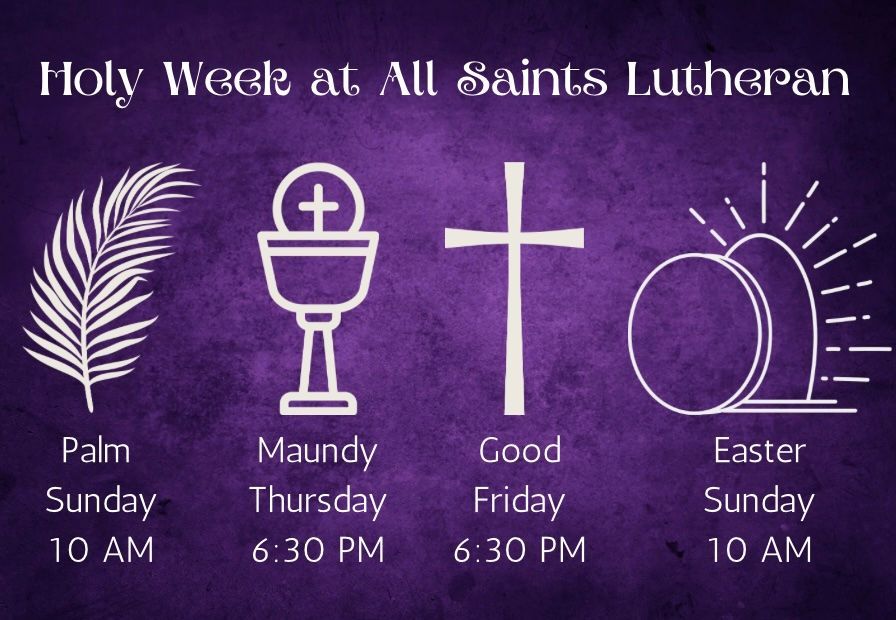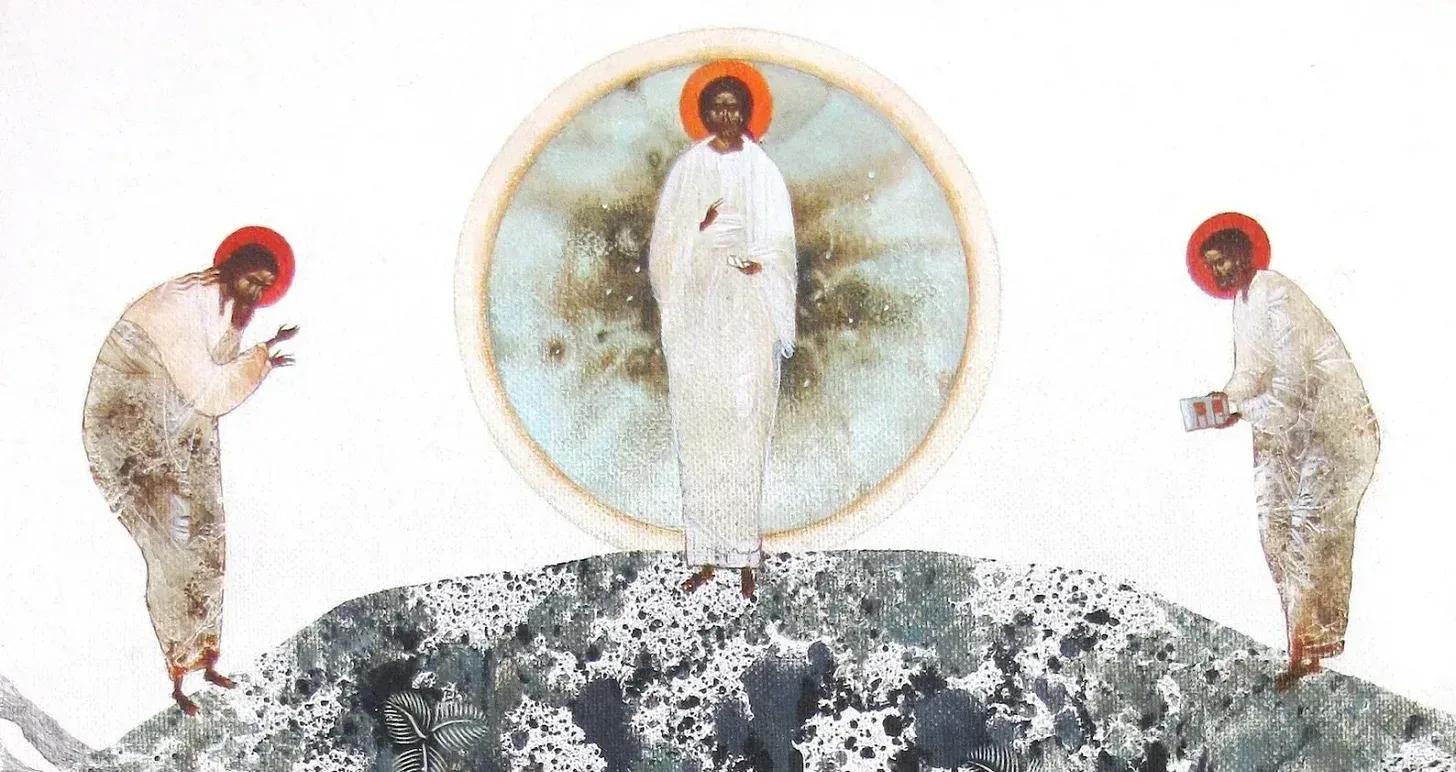Eighth Sunday after Pentecost, Year B, July 14, 2024
Have you ever seen those quizzes,
in magazines
or on social media
where you answer a few
seemingly random questions
and it tells you
which character you are
in a given movie,
TV show,
or book series?
I have taken too many of these things,
and I never like the outcome.
That’s partly because
I’m never the main character.
I’m never the character I identify with.
I’m never the protagonist,
moving the story along by my wit or wisdom,
my strength or savvy.
Nor am I even the antagonist,
developing the story by my attempts
to thwart the main character’s actions
to find happiness,
to find love,
or to save the world.
I’m almost always
the eccentric neighbor,
the nerdy kid,
or some other tangential character,
whose two-dimensional story
is often incidental to the main plot
or only for comic relief.
I don’t like the idea
that my story
might be a subplot
in someone else’s epic.
That I’m an extra
in the movie of someone else’s life.
I want to be the hero,
the main character,
the one who finds love,
defeats the bad guys,
and lives happily ever after.
We learn this very young.
Disneyworld
has a whole salon for children
where you can buy a gown,
have your hair and makeup done
and emerge as your favorite Princess
or your favorite hero.
We learn that the bad guys always lose
that the good guys always win,
that rescue is coming,
and that happiness, safety, and peace
are achievable and lasting realities.
Then
we take this understanding
and apply it to Bible stories.
We want to identify with the characters.
We want to know that good will win,
that evil will be destroyed,
and that happiness, safety, and peace—
or what we short-hand as “salvation”—
are achievable and eternal.
So,
we read the story of the Exodus
and learn to trust God for our deliverance.
We read the story of Joshua and the battle of Jericho,
and we imagine ourselves marching and blowing trumpets,
watching God remove impossible obstacles
and giving us the victory.
We read the parable of the prodigal son
and imagine running home to our Father
when we’re in trouble,
finding grace and celebration
at our return.
Today’s gospel lesson,
though,
presents a bit of a challenge to this way of reading.
In this story today,
the bad guy wins,
the good guy loses,
and there’s no one in this story
I wanna be when I grow up.
What’s in this story for us?
Where’s the happy ending?
Where is the Spirit of the Lord
who opened the prison doors for Paul and Silas?
Or the God of the fiery furnace
to save John from a gruesome end?
Where is the prophet
like Nathan
that convinces the king to repent?
Or, like the book of Judges,
where is the skillful assassin
who kills the despot,
and makes the world a better place?
This story doesn’t fit our model
of reading for self-appeasement.
It doesn’t comfort,
or inspire.
It doesn’t offer a happy ending,
or even a vengeful reckoning.
There is no BuzzFeed quiz
to tell you where you land in this story
because no one wants to find themselves in it.
But reading the Bible
is not about coddling our egos
and finding a comforting narrative
to frame the story of our lives.
Reading the Bible
is about confronting our egos
and facing the world as it is,
even when our role in it is uncomfortable.
We have been taught to see ourselves
as the children of Israel,
escaping slavery in Egypt
by the hand of God.
We have never been taught
to recognize ourselves in Pharaoh,
holding God’s people captive
because we benefit
from an economy built on underpaid labor.
We have been taught to see ourselves
as Joshua, the conquering hero.
We have never been taught
to recognize ourselves in the people of Jericho,
thinking a wall could protect us
from having to share our land.
For that matter,
we have never been taught to see the book of Joshua
as a genocidal screed against the indigenous people
of the land of Canaan.
We have been taught to see ourselves
as the celebrated prodigal,
repentant and returning.
We have never been taught
to recognize ourselves in the sullen older brother,
pouting and prideful
when we think God has wasted grace on the undeserving.
So, neither have we been taught
to see ourselves as John the Beheaded,
speaking a disruptive and dangerous truth
that will cost us our lives.
We have never been taught
to recognize ourselves in Herod,
cozying up to the gospel
but caging it
before it forces us to give up our way of life.
We have never been taught
to recognize ourselves in the tipsy tyrant,
drunk on power and privilege,
paying for our luxuries
in other people’s blood.
We have never been taught to see ourselves
as fawners and sycophants,
happy for the opportunity to party with an autocrat
and bask in the proximity to power.
We have never been taught
to recognize ourselves in the scheming queen,
plotting and hoping
for the chance to murder someone we disagree with
simply because we disagree with them.
But if we are to find ourselves in this story,
we will have to read the Bible to confront our ego
and face the world as it is,
a world where sometimes the good guy loses,
a world where sometimes the bad guy wins,
a world where it is often difficult
to tell the difference between the good guys and bad guys.
The good news
is that when we read the Bible this way
we also find a world
where a God of justice
is raising the dead
and tearing the tyrants from their thrones.
A world where God is reconciling the good guys and bad guys,
the sinners and saints,
forgiving our sins,
and creating one new people
united in Christ.
We find a world
where fear is more dangerous than death,
because what we lose in death
we receive back in the resurrection;
what we lose to fear
is gone for good.
Jesus is calling us to be disciples
in this world of present suffering
and future justice,
reconciling first
the good guy and bad guy in each of us,
and then reconciling the good guys and bad guys all around us.
Sometimes that means we get to be the hero.
More often that means
we are the ones who need to be defeated.
In the story of the Bible
we are all a bit player.
The Good News of the Gospel
is not a story of prevention,
but a story of redemption.
God is Christ
and Christ is us
is transforming the world
by transforming us,
dying and rising in us,
speaking truth and suffering defeat
in us.
Jesus is calling us to a discipleship
that recognizes
John the Beheaded
and Herod the Tyrant
in all of us,
and speaks the reconciling truth
whether it costs us our head
or our ego.
No matter our part to play
we know how the story will end,
and we will all live happily ever after.
But in the meantime,
we can either sit at the autocrat’s table
or die in his prison.
Only one of these choices
is the path to resurrection.
Amen.










